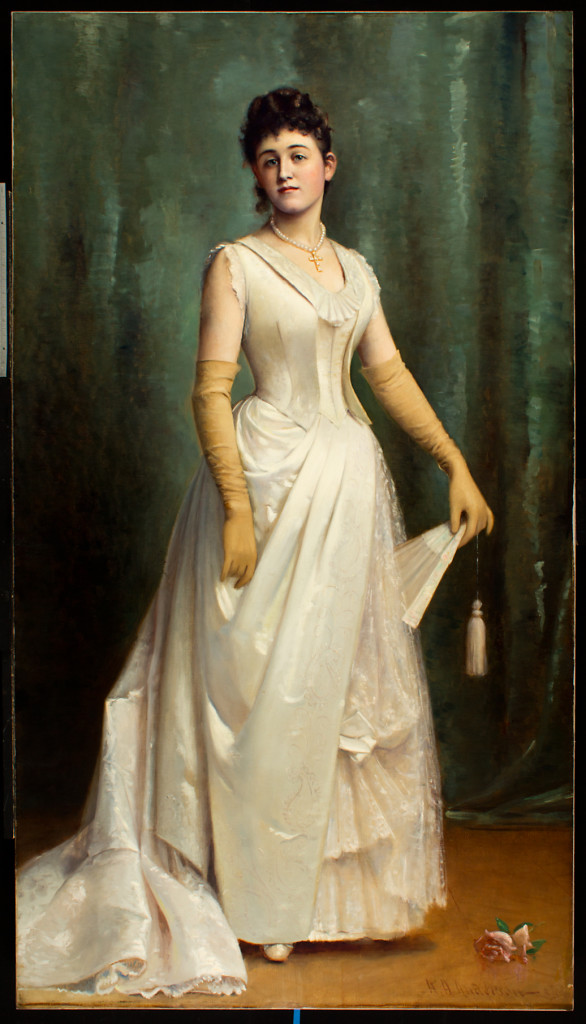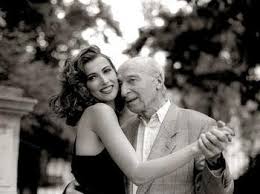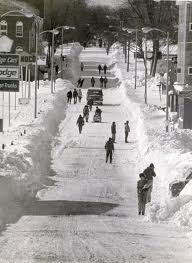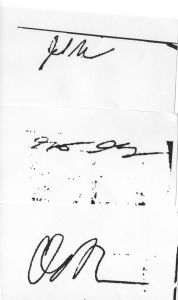In the weeks ahead, I will run on this website several brief excerpts from “Carrie Welton,” my novel that will be published in April. I hope they give you a taste of the book as a whole as they introduce you to several of the key characters.
This first excerpt comes fairly early in the book. Carrie is 18 and still living, miserably, in Waterbury, CT. Her mother, Jane Welton, is a consummate party-giver, and here we look in on her greatest triumph, a Thanksgiving ball (1858) modeled after a famous gala thrown by the Duchess of Richmond in Belgium in 1815, on the eve of the Battle of Waterloo. For this ball, Jane has had constructed an impossibly lavish temporary pavilion on the grounds of their estate, Rose Hill. She has even hired young men to dress as soldiers and mingle with the crowd. The narrator is Frederick Kingsbury, who lives across the street from the Weltons and who, with his wife Alathea, has taken a special comforting interest in Carrie and her troubles – such an interest that they have just been warned in the most threatening terms by her father, Joseph Welton, to stay away from her. Here, Frederick Kingsbury has just spotted Carrie across the ballroom. She has been away at a school in New Haven since summer and he wants to rush over to greet her, but he’s afraid of family repercussions if he does. Then he sees Joseph Welton’s brother, George, in the crowd:
“I say, Welton!” I shouted, putting an arresting hand on his arm. “Do you know where your brother is? I want to congratulate him on this miraculous achievement!”
“He is gone!” George Welton shouted back. “Called away at the last moment to New York on business!”
“Called away on Thanksgiving?”
“So it would seem!”
He moved off into the crowd as the orchestra started up a reel and the dance floor quickly filled with swirling petticoats. I remained uncertain about what to do. I did not doubt that Joseph Welton was not present, but I could not be sure he was truly away. He could be lurking somewhere, standing just outside the building in a spot where he could see but not be seen. Alathea caught me deep in my considerations.
“You are not dancing, Freddie,” she scolded me. I could tell by the way she’d addressed me that she’d had a second glass of wine. “Surely we have not grown so old that we cannot dance!”
I held up a hand.
“Look over there to the left of the staircase, a little in its shadow, and tell me what you see,” I said, indicating the way.
She followed my gaze and watched for a moment.
“She has just spotted us, and me looking at her, and yet turned away,” said Alathea. “We must go see her.”
“Mightn’t that put her in danger?” I asked. “Welton was very blunt.”
“Guests may speak freely with each other at a ball—in fact that is one of its primary purposes—and I have not spoken with Carrie in more than five months. I cannot believe we would not be allowed to go say hello to her.”
Alathea rushed off in Carrie’s direction, but I did not follow. I held back, looking out for Welton or even his wife, although Jane was surely not thinking of her daughter on this evening.
Carrie did not flee at Alathea’s approach, but she regarded it uneasily. She held out a hand, which my wife took warmly. Carrie gestured toward her companion.
“Mrs. Kingsbury, are you acquainted with Gilbert Stocking? He is the son of Deacon Stocking and is now at Yale.”
Alathea and Stocking exchanged pleasantries.
“Carrie and I were schoolmates as children and it was she who recruited me and many of my classmates from the streets of New Haven into her mother’s regiment,” the young man said brightly.
Alathea smiled as she took his elbow and turned him gently, as if he were a toy sailboat on a pond.
“Do you see that man standing across the room watching us? He is an Eli, too. I’m sure you and he will discover much in common to talk about.”
She gave Stocking a little shove in the right direction and he went where he was told. She then turned her attention upon Carrie.
“Step out into the light and let me see you,” she said.
Carrie took a cautious step and then lurched forward and threw herself into Alathea’s arms, sobbing. The big room did not notice.
“What ever is the matter, child?” Alathea asked, drawing Carrie away and looking into her eyes.
“All has ended in failure,” Carrie cried. “And I am back at Rose Hill, where every minute is endless, to say nothing of the hours and days.”
“What about school?”
“Miss Averill was not what she claimed. Despite her promises, only two other students ever arrived, and she was not inclined to teach us anything of any use. I wrote to Mrs. Draper and she told me that this is a common scandal for educating girls. They charge enough to seem legitimate, but they are not. All they do is provide meals and a bed and a place to read. Eventually, of course, they are discovered and put out of business. Why is it that they don’t treat boys so poorly?”
“How long have you been back in Waterbury?”
“A week.”
“How have we not noticed you?”
“I’ve stayed in my room, I am ashamed to say. I painted a canvas of your house again and as I did so I thought of our conversation in your kitchen and envied the warmth within your walls. And I rode out very late at night so you would not know.”
“Why did you not come visit us, Carrie?”
She had regained her composure and now looked alertly around the hall, as if for spies.
“I have been forbidden. I had a terrible row with my father when I got back and another last night. My mother was involved, too. That is why he’s not here this evening.”
Carrie leaned forward to say into Alathea’s ear:
“He struck me last night.”
Alathea staggered and pulled away, and then took Carrie’s hand and led her to a side door in the big building. They went through it and stepped out into the bracing night air. The sounds from inside were muffled enough so they could also hear the creaking of carriages and shifting of horses standing in the drive.
“Tell me,” Alathea said.
“Across the face with an open hand,” Carrie continued. “It didn’t leave a terrible mark, but it’s why I’ve sought the shadows tonight. He was drinking heavily, as he does from time to time, maybe as a protest to this great bloated event.” She swept an arm back toward the hall. “And in truth I could not blame him for that. But when he drinks, there is a pattern. Without fail, he speaks of his hard work—no one has ever worked harder—and great successes, and of his making something out of nothing while others are born with everything given to them. If my mother is present, he damns her excesses, and if I am present, he resents my birth and my being, and that there will be no one to carry on his name or his affairs. And then last night he said I needed working, although I did not know what that meant, and that I had failed even in school, and that women are only good for one thing—that’s when he came at me and struck me. After that he set off for New York.”
The two women, one in a red gown, the other in mauve, shivered together in the dark as Thanksgiving at last began to draw down.
“I cannot stay at Rose Hill,” Carrie said in an echo of her summer lament. “But there is no place for me to go. Will you help me find one?”
“We will find something together,” said my wife. “But we will have to be wary. Your father is a dangerous man, and danger must be respected.”
They went back through the door and rejoined the ball. No one but I, and possibly my new friend, young Stocking, ever noticed that they had been gone.






